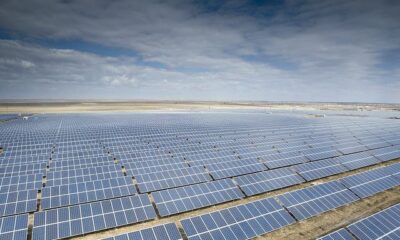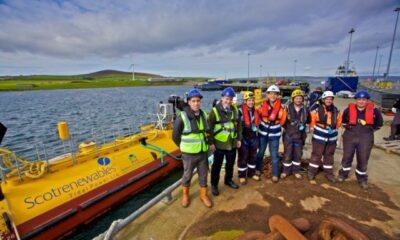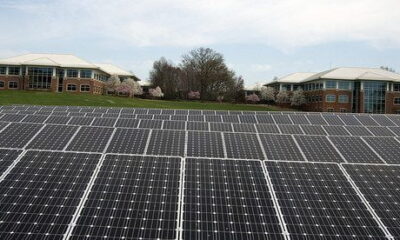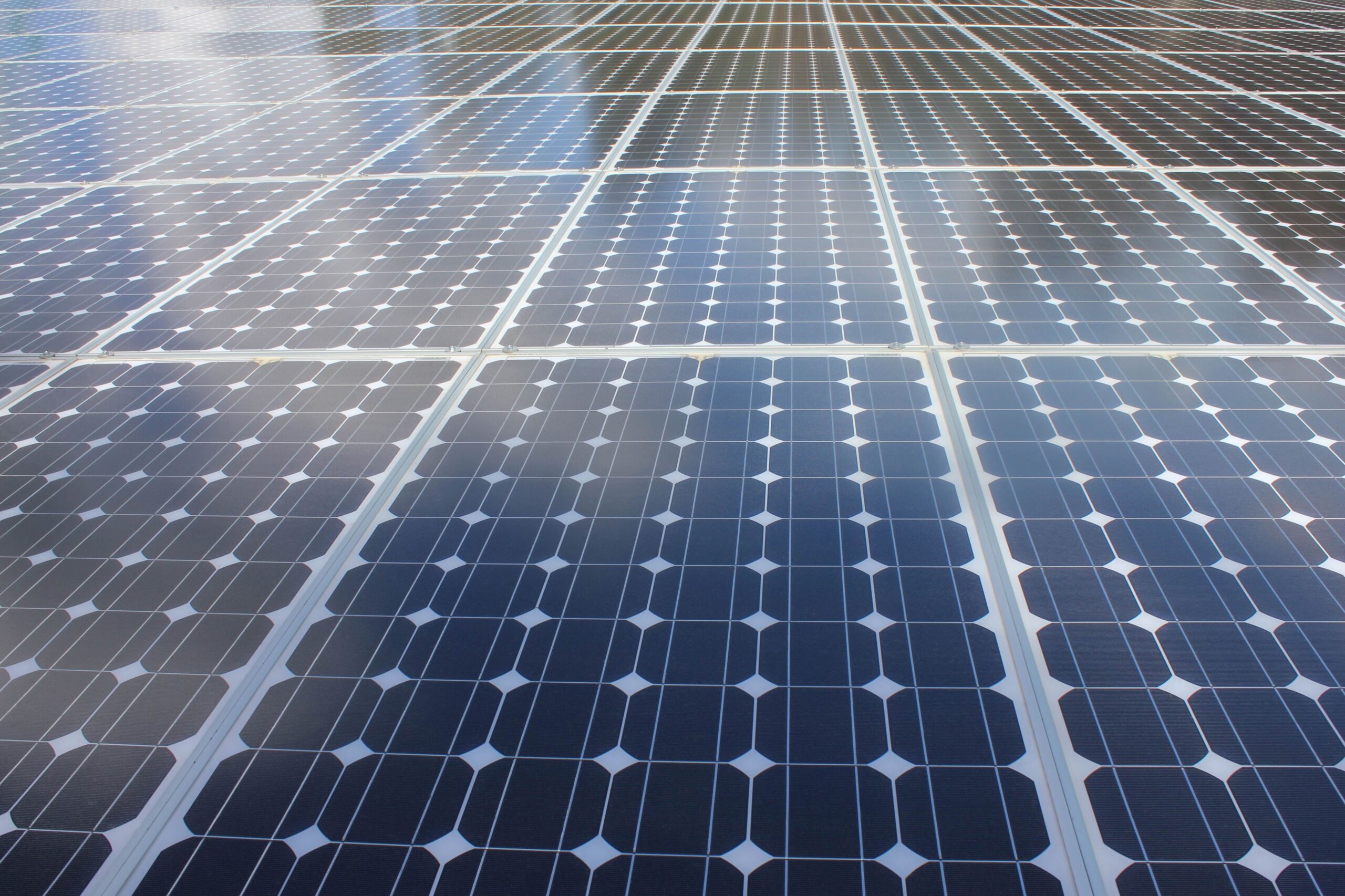
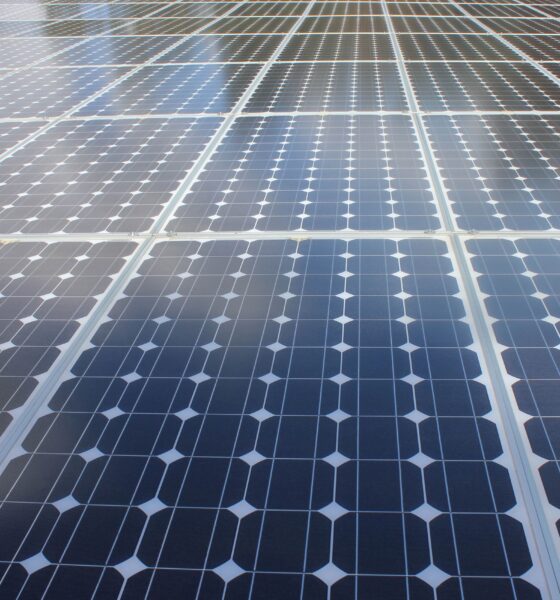
Energy
Solar farm plans with eye on wildlife approved in Flintshire
A 180,000 panel solar farm development has gained planning permissions in Wales thanks to a commitment from the manufacturer to create a specialised habitat for birds and invertebrates.
The farm will be built on a 270-acre site in Flintshire by Swansea-based firm Compton Group and is expected to produce enough power for 11,000 homes over its lifetime.
The farm was approved also thanks to a detailed biodiversity plan put forward by environmental consultancy firm Atmos and praised by the RSPB.
The developer has committed to optimising the use of the space between rows of panels by planting flora that would favour farmland birds and insects. In addition, Compton is to create a 19-hectare ecological enhancement area, between the solar farm and the RSPB Burton Mere Wetlands reserve.
In this way, the solar farm will represent an ideal habitat for many vertebrate and invertebrate species, while generating clean, limitless energy.
Senior ecologist of Atmos Lee Bagnall said, “Solar farms provide good opportunities for biodiversity enhancement, particularly for declining farmland birds and invertebrates.
“This project has been a delight to work on. Compton engaged willingly with their responsibilities and the opportunities for habitat enhancement and community involvement; and the local RSPB contacts have shared their knowledge and expertise generously. We are confident that the plans we have developed will provide measurable ecological benefits to the site during the life of the solar farm”.
Earlier in April, the BRE National Solar Centre and some conservation groups published guidance on how to turn solar farms into biodiversity hotspots, through winter food planting for birds, beetle banks, wild flower meadows and ponds.
Commenting at the time, the head of climate change at RSPB Harry Huyton said the charity was “keen to see all solar developers following this guidance, which will mean sensitively sited solar farms giving a home to farmland birds and wildlife that are in desperate need of a helping hand”.
Photo: Debbie Mous via freeimages
Further reading:
Plans to turn solar farms into biodiversity hotspots unveiled
Offshore wind farms provide feeding opportunities for seals
Government sets out plans for ‘solar hubs’


 Environment11 months ago
Environment11 months agoAre Polymer Banknotes: an Eco-Friendly Trend or a Groundswell?

 Features10 months ago
Features10 months agoEco-Friendly Cryptocurrencies: Sustainable Investment Choices

 Features12 months ago
Features12 months agoEco-Friendly Crypto Traders Must Find the Right Exchange

 Energy10 months ago
Energy10 months agoThe Growing Role of Solar Panels in Ireland’s Energy Future

